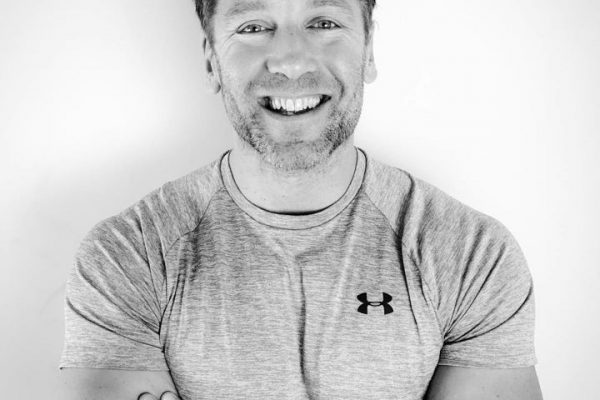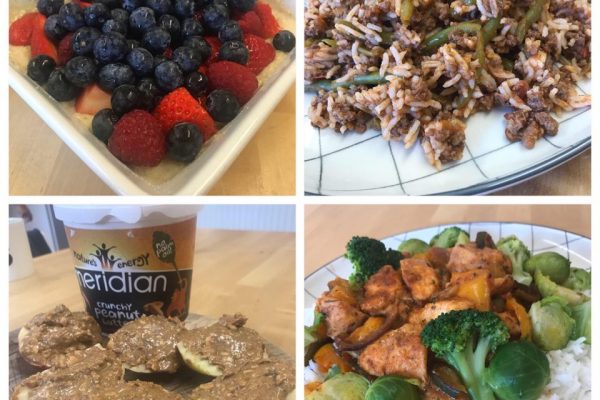Testosterone Levels.
One of the most under-appreciated aspects of making sure that we stay healthy and support our testosterone levels is nutrition. From our 30’s onwards our body’s testosterone levels are lowering through age and other life stressors. Therefore, both exercise and nutrition become increasingly important factors to make sure we keep ourselves, fit, healthy, strong and virile.
Both over and under eating can lead to reduced testosterone, so reaching and maintaining a healthy weight is important. However, there are some nutritional factors that we can improve on to ensure we can support testosterone levels naturally.
Testosterone is a hormone made from cholesterol, which is often derived from fats we consume. Despite the vilification of fat in the diet, particularly saturated fat, more recent research is starting to show that much of the advice around fat intake is outdated and ensuring we have enough fat in the diet is crucial to optimising health… fatty acids such as omega-3 and omega-6 are essential after all!
We get plenty of omega-6 in the western diet as it’s in nuts, seeds, grains and meat. However, omega-3 is something important that we often under consume. Just 2-3 servings of oily fish per week (or using a daily fish oil supplement) will help meet these needs.
There are also several micronutrients that are essential for healthy testosterone production, so a diet with plenty of fruit and vegetables is important. Zinc is a particularly important mineral in the process of testosterone production. This is found in meat and dairy, so making sure we have enough quality protein sources in the diet will help support testosterone levels.
This will probably come as no surprise…as much as we might like a drink to relax, regular alcohol consumption has also been associated with a reduction in testosterone levels. An occasional glass of wine or pint probably won’t do any damage, but excessive regular drinking will!
One supplement I suggest that can have an impact on testosterone levels, and many facets of our health, is vitamin D. We produce vitamin D from sunlight but in the autumn and winter months many people do not get enough sunlight to maintain optimal levels. I strongly suggest vitamin D3 supplementation at a dose of 2000-3000IU per day.
The first place we should look to support testosterone is our diet, exercise habits, ensuring we get enough quality sleep, reaching a healthy weight and reducing stress levels… any potential supplement to boost testosterone naturally will pale in comparison to the positive effects that getting these lifestyle choices right will have.
I am a 41 year old personal trainer based in Poole, Dorset currently working on this for myself and a number of clients!












